If your dog has been an introvert, they would appreciate sleeping alone. However, they are not, as it always remains hyped up. So, if they have suddenly started to find ways to sleep alone, you must look into it!
While each dog may have different preferences, your dog may have a phase where they want to stay aloof. However, there may not be a specific reason for them to do so.
However, if they suddenly become habituated to sleeping alone, it may cause serious concern. As dog parents, it can leave you with several doubts and questions, wanting to know more about the possible reasons why your dog wants to sleep alone.
Dogs frequently switch locations for sleeping when they feel more at ease elsewhere. Other causes include stress, itchiness, or restlessness brought on by a heart issue.
Why Does My Dog Not Want to Sleep With me All of Sudden?
When we try to analyze the troubles of our pets, we struggle with being practical and objective.
We tend to get emotional, and our parental instinct kicks in, and we begin to assume all sorts of problems that could have led to such a situation. It’s crucial to investigate what’s making them stressed and look for ways to make them feel better.
Sometimes we treat our dogs angrily, especially when they commit a mistake. Your dog may suffer consequences from how you react to a situation since they become frightened when yelled at, mainly when force is used against them.
It is natural for them to maintain distance from us to express their remorse for the mistake or fear of being threatened by us.
Apart from these, there are various other reasons why dogs may suddenly want to sleep alone. These reasons are explored below in detail.
6 Reasons To Explain Why My Dog Suddenly Wants To Sleep Alone
Sometimes, we take it too seriously when there is not much to worry about in reality. Dogs who prefer to sleep alone occasionally want to switch things up. Their altered behavior may be nothing to worry about.
However, a sudden change in habit can be a significant cause of concern. Therefore, it’s crucial to understand the underlying causes of your dog’s desire to sleep alone if you want to ensure their physical and mental well-being.
1. Comfort
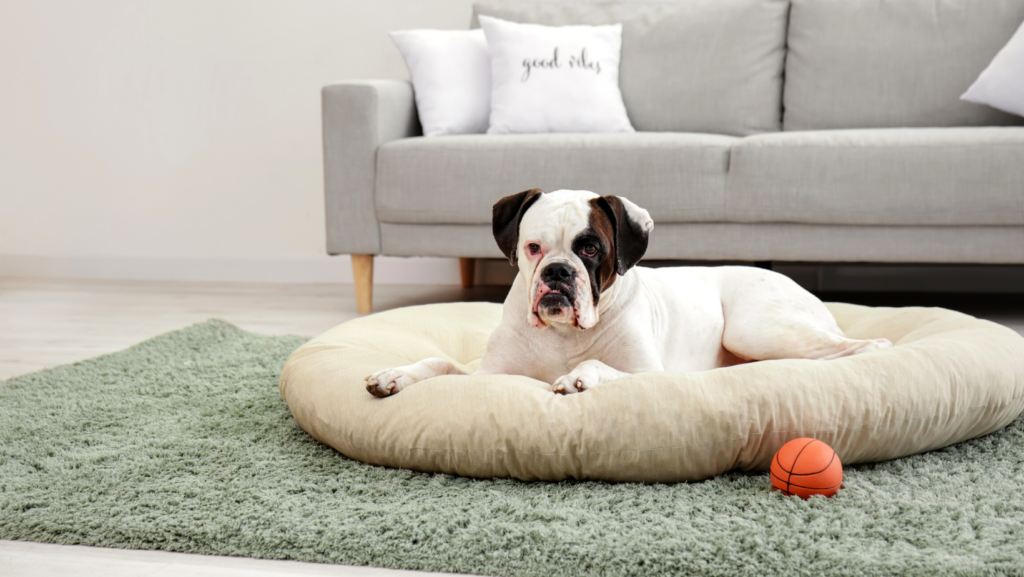
Your dog may want to sleep in a different room or away from other pets and family members without needing comfort. This could be the case when their sleeping area is full of people who make noise or are busy with some activity.
Sometimes they could find the space they’re in to be overly warm or sometimes too cold. They might need access to a bed or a pleasant place to lie down, mainly if they are used to having space.
Even if they once preferred sharing a bed with others, they may not want to do it anymore for the sheer need of comfort in their own company. Of course, many factors can impact their decision to sleep alone, including their age and state of mind.
To ensure that there isn’t something that particularly bothers them about the space they used to be in, check if the furniture may have been rearranged, giving the room a new sense to the occupants. Dogs may not find it very comforting!
It would be best if you focused on improving the condition of their space by trying to arrange things close to the original way so they can be as comfortable as possible.
2. Depression
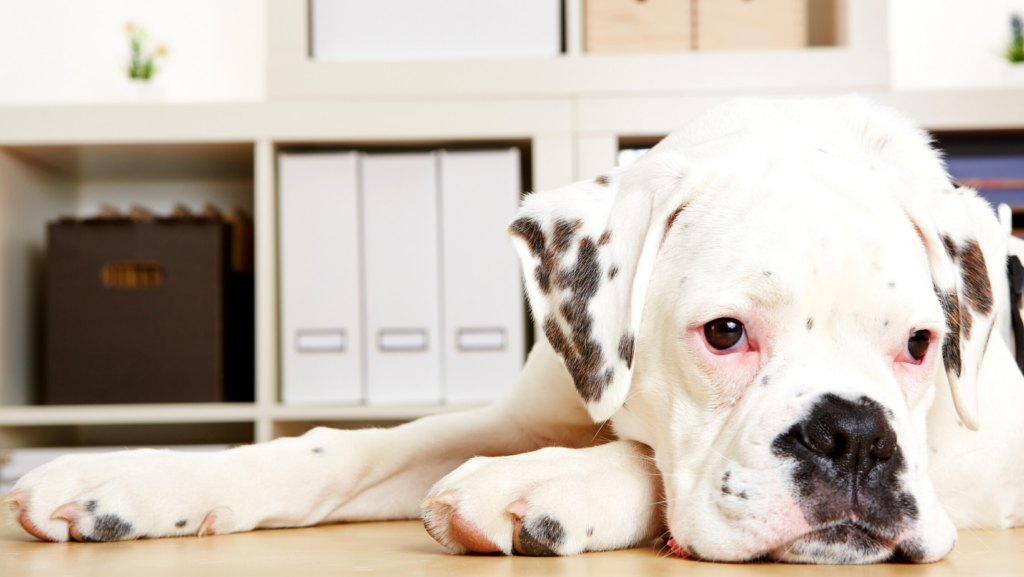
Depression in dogs is becoming a cause of concern among dog parents worldwide. This can be one of the reasons why they want to sleep alone.
Several factors can affect the way a dog behaves typically. For example, dogs with depression may also experience changes in their appetite or lose interest in activities they previously enjoyed. They might also avoid objects and activities involving other dogs or people.
You can monitor your dog’s activity to check if they have been behaving differently. In addition, you can contact their vet to rule out any possibility of them dealing with depression in case you notice them retiring to alone spaces frequently.
Check for any alterations in their sleeping patterns. Dogs generally tend to sleep a lot during the day, but a depressed dog will want to sleep much more. Even after you welcome them when you get home, they can be happy to see you but go back to sleeping peacefully.
3. Care

It is equally natural for your dog to behave defensively. So, if they suddenly prefer to sleep in places like the front door or next to your children’s door, chances are they are guardians to some potential danger.
Your dog may feel it is its responsibility to defend you at all times, even while sleeping. This can give them the impression that they are protecting you and reassure them you are in good hands.
Our pets experience a variety of emotional stresses. For example, it might be their new environment if they were recently adopted. Alternatively, if they recently lost a loved one, be it a friend or a pet parent.
So, if they decide to go to bed alone at some point, give them “space.” Allow them to express their bursting feelings.
4. Change
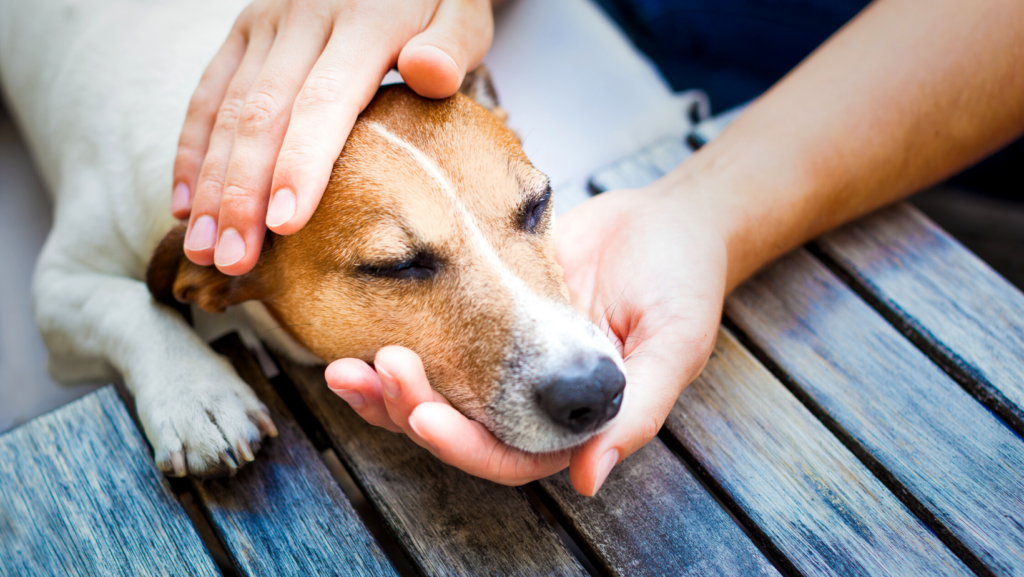
Changes like moving into a new home or bringing a newborn home can trigger something in them. They may also experience significant anxiety due to the unique atmosphere or people in the house.
Dogs who are comfortable living in their personal space find it difficult to cope with sudden changes. They might choose to sleep alone rather than with others as a result.
5. Anxiety

They might also experience additional anxiety symptoms, such as trouble sleeping. You may also notice other signs of anxiety like pacing, excessive licking, and other triggering actions accompanying symptoms.
While fear might cause some dogs to cling to their owners and never want to leave their side, other dogs may react by a longing to be left alone and isolated.
6. Age Factor
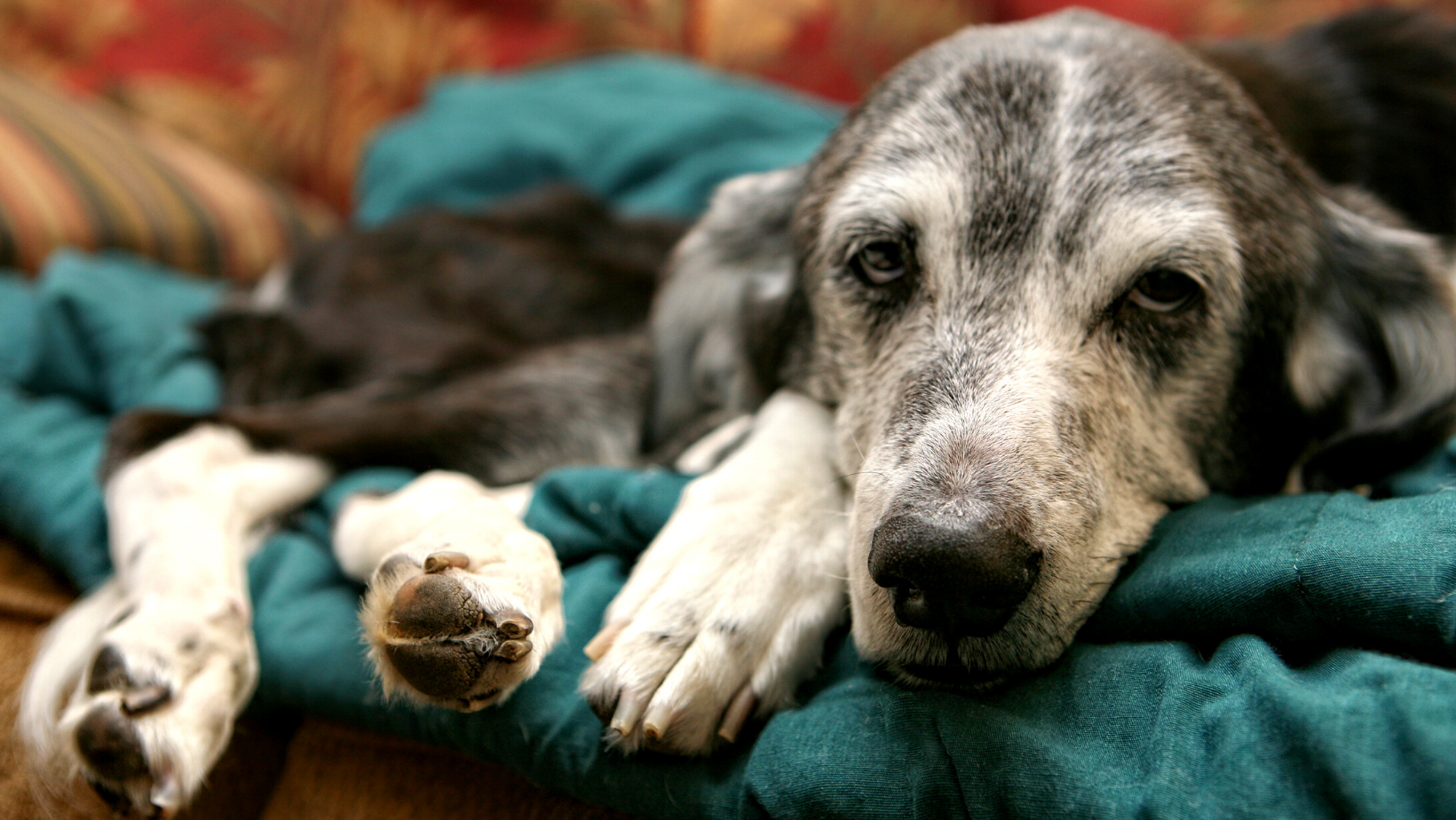
Change in their age is also an essential factor that can be a possible reason for this situation.
Your dog is becoming older and could be in pain, so it may no longer want to sleep with you. They may also want to protect you, feel more comfortable elsewhere, have no place on your bed, be itchy or sweaty, or be because you pushed them away from you.
Senior dogs frequently experience issues with their muscles and joints, making it difficult to travel from one location to another, particularly when going up or down stairs.
Is It Normal for My Dog to Want to Be Alone?
Now that we have explored all the possible reasons why our dog may suddenly want to sleep alone let us see if it can be considered normal if they wish to do so.
What is normal is defined by your dog’s state of being. If you think your dog is better without your presence and is enjoying sound sleep in a new space. If the new space offers them the comfort they need, there is nothing to worry about.
What Are the Signs of a Lonely Dog?
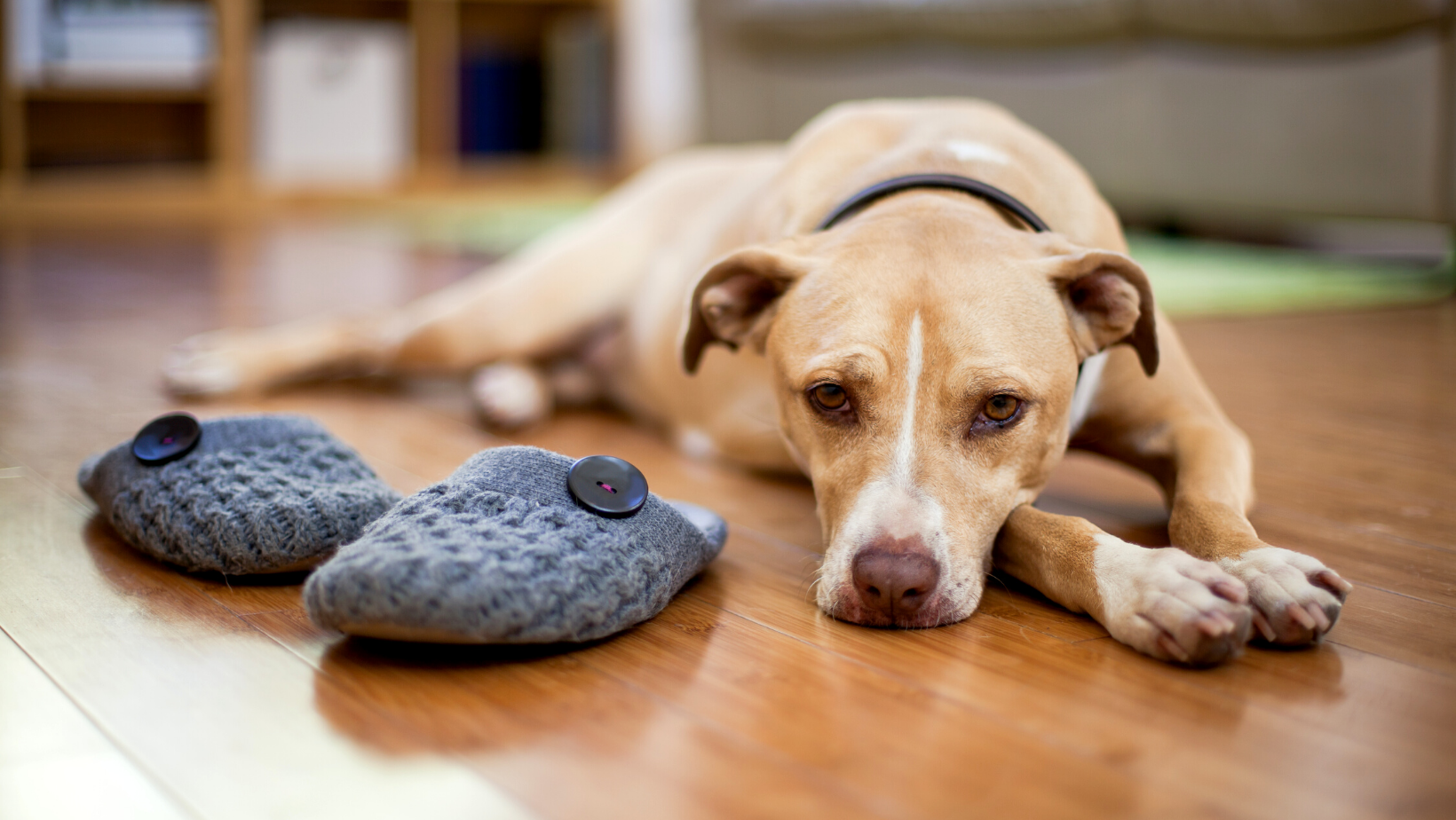
Dogs tend to be lonely for several reasons, and some obvious signs can show that they have been feeling lonely lately.
If you wish to help your pets deal with loneliness, the first step is to recognize the cause. Sometimes, we cannot spare enough time for our furry friends; at other times, when we are with them, there is a lack of connection.
Yet, there are times when we can hardly do anything to get them to connect with us, leaving them feeling lonely. Certain factors can be blamed for this situation.
If you find your dog loitering around purposelessly, especially walking after you, as if seeking something, they are trying to fill a void.
Also, some dogs are pretty notorious, and if they suddenly start being quiet, you know something is wrong with them.
You may also find them licking their fur for the lack of other options. As a result, you may spot patches of lost fur on their body. If the patches become more prominent, it may be a cause of concern, for which you will have to speak to your dog’s vet.
How Can I Get My Dog to Sleep With Me Again?
We understand that you miss your dog and would love it if it started sleeping with you again. But if they are reluctant to share your sleeping space, what can you possibly do about it? In this section, let’s have a quick look at the possible solutions to make your dog nap with you.
1. Try Giving Them Treats

Treats are one of the easiest ways that can make your dog fall in love with you. These light and healthy snacks are safe to consume, and you can entice your dog to sleep with you by giving it snacks.
Once they feel restless and try to leave you, try giving them another treat, and they will stay back.
Also Read: 7 Best Homemade Dog Food Recipes For Big Dogs
2. Love them and shower them with Your Affection
Like us, our dogs like to be showered with praise and encouraging words. Try this, and they will develop a better bond between you two.
Pat and scratch your dog and let them also love you back. You can pull them towards you and make them sleep in your bed.
3. Check For Health Issues
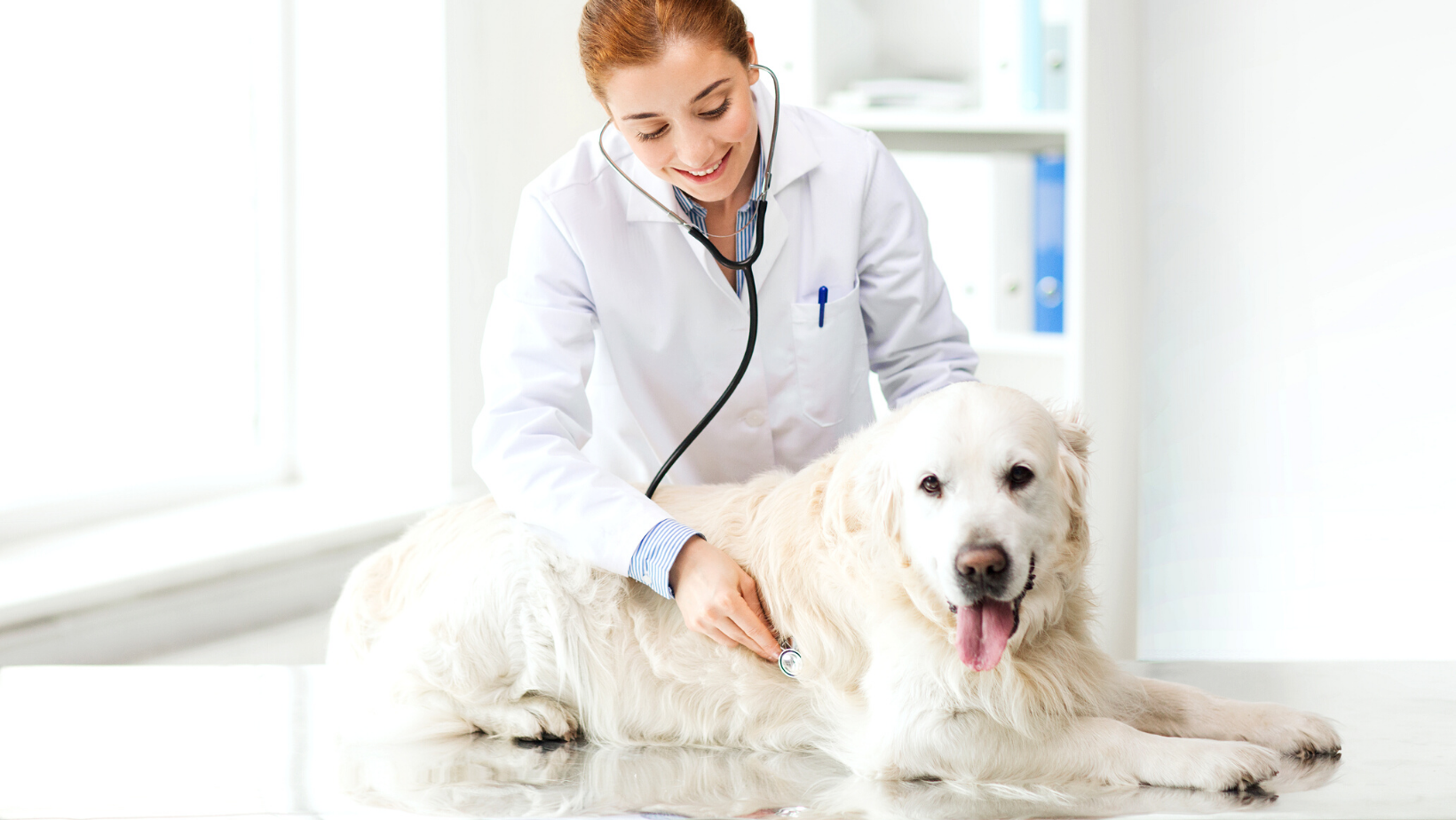
Physical ailments like gastrointestinal issues can also make them sick and probably not make them sleep with you. In this case, visit a vet and get your dog thoroughly checked.
If they have any health issues, let the vet see it, and once they are well, they will start sleeping with you.
4. Use a mattress
Dogs often like to sleep on hard surfaces. If your dog does not agree to sleep on your soft bed, try to get a hard mattress.
Use it to cover your dog’s bed, which they will find more comfortable. There is a good chance they will find its bed more appealing and may like to sleep with you.
5. Turn on the fan
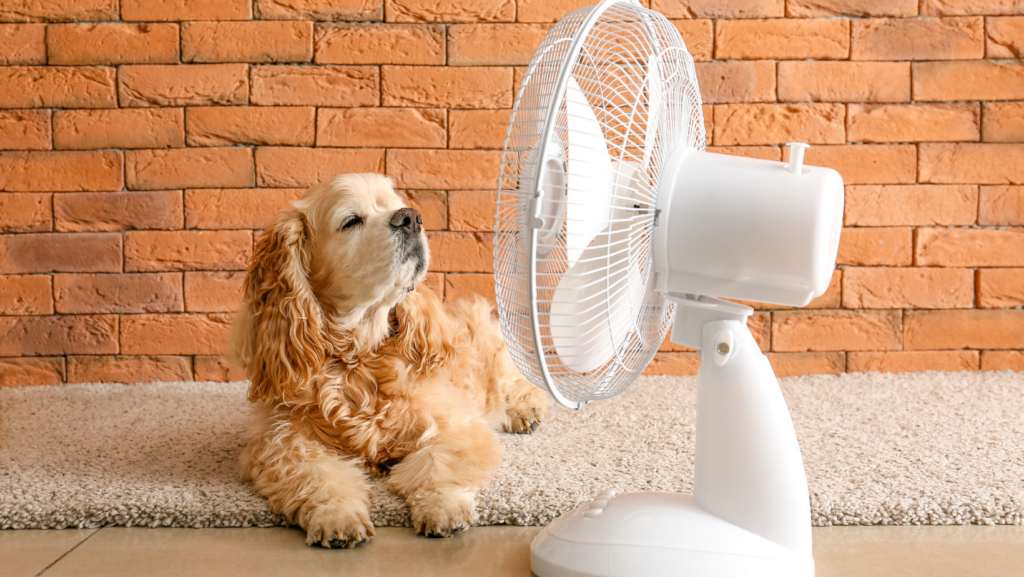
One of the reasons why your dog does not agree to sleep with you is probably because they are feeling hot. To check, do away with their covers and switch on the fan instead. If they start feeling comfortable again, they will indeed sleep with you.
6. Don’t Snore While Sleeping
Snoring can make your dog highly uncomfortable, and it may decline to sleep with you. Better to consult a physician to treat this problem, and once you stop snoring, your dog will come and start sleeping with you again.
What Can I Do To Help My Dog If They Suddenly Want To Sleep Alone?
There is certainly a lot that you can do to ensure the wellness of your dog.
First and foremost, try to locate the problem. You can help them by extending support if you think it is emotional.
Suppose you suspect depression is why they prefer to sleep alone. In that case, you can take measures to lessen your dog’s mental suffering by lifting its spirits. You can do that by spending more valuable time with them and ensuring they never face any traumatic experiences.
You can help them overcome their depression and return to being happy, usual selves using techniques like behavioral therapy and probable drugs. These techniques can be acquired, and you can either seek professional help or consistently follow these techniques in the comfort of your home.
Similarly, it is best to prevent them from sleeping with others when you feel they do it because of tension and anxiety. They can also get past these mental discomforts with things like behavioral training. No matter where they sleep, preparing them for forthcoming changes might also make them feel more at ease.
Not much can or needs to be done if they sleep alone out of comfort. If they have selected a location based on their comfort, where they can quickly fall asleep and feel at ease, it is only for their best.
It may be worthwhile to investigate any more underlying issues if they begin to exhibit any other mental or emotional health issues.
Consider taking your dog to open settings rather than an enclosed space to ensure they have access to free air and endless space to run.
Treats like Before turning in for the night, they might wish to expend some of their energy. However, in some instances, overly energetic dogs prefer to sleep alone. If they have trouble winding down at the end of the day, consider offering them their favorite treat.
It’s recommended to consult with their veterinarian before attempting to handle such challenging behavior. They can offer you a treatment plan and rule out any additional medical conditions.
If you know there will be a change, such as a move or a new family member, you can help your dog get comfortable in the new environment. In addition, support their emotional well-being by showing them love, care, and attention.
It is important to cheer up your dog when they need it the most. They try to express their emotions through several acts. If you suspect something wrong with them, it is ideal to start the treatment for it immediately.
One can consult their vet to seek the best training in case of depression. To name one, counterconditioning can be extremely helpful. The goal of counterconditioning is to alter how your dog reacts to anxiety.
Desensitization is the process by which you, as their fur parent, gradually acquaint them with the cause of their anxiety.
Conclusion
Change in behavior is a natural phenomenon. If your dog is outgrowing old habits and adopting new ones, it is a sign of growth.
However, suppose their sudden change in sleep behavior is bothering you, or you think it is more than just a behavior change. In that case, you must try to reach the cause of the issue to resolve it.
Meet John Patterson, an accomplished Dog Trainer and a dedicated advocate for building strong human-canine relationships.With years of experience as a Professional Dog Trainer, John firmly believes that well-trained dogs are a reflection of patient guidance and unwavering care. Beyond his training skills, he finds solace in grooming and playing with dogs, nurturing their physical and emotional well-being.

